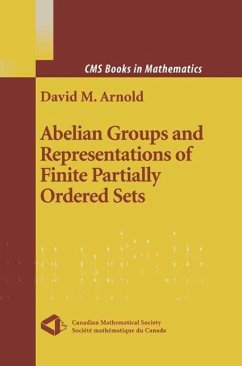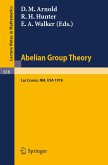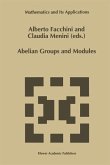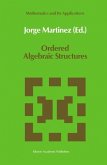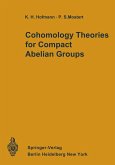The theme of this book is an exposition of connections between representations of finite partially ordered sets and abelian groups. Emphasis is placed throughout on classification, a description of the objects up to isomorphism, and computation of representation type, a measure of when classification is feasible. David M. Arnold is the Ralph and Jean Storm Professor of Mathematics at Baylor University. He is the author of "Finite Rank Torsion Free Abelian Groups and Rings" published in the Springer-Verlag Lecture Notes in Mathematics series, a co-editor for two volumes of conference proceedings, and the author of numerous articles in mathematical research journals.
Dieser Download kann aus rechtlichen Gründen nur mit Rechnungsadresse in A, B, BG, CY, CZ, D, DK, EW, E, FIN, F, GR, HR, H, IRL, I, LT, L, LR, M, NL, PL, P, R, S, SLO, SK ausgeliefert werden.
From the reviews: MATHEMATICAL REVIEWS "The book provides a rich source or a variety of readers. As noted above, it offers an excellent and much-needed introduction to the subject of representations of posets. It could readily be used for a second year graduate course in algebra, with many tools and suggestions for cutting edge research. Finally, it is a handy reference for anyone interested in the study of torsion-free abelian groups of finite rank or related questions in representations of posets. If writing this review had not put a free copy on my bookshelf, I would rush to the web to order one."

